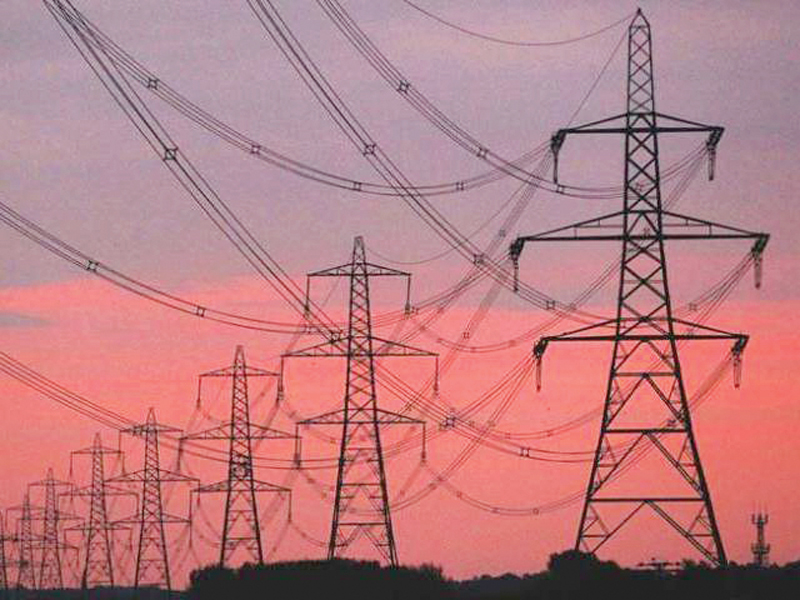
The deliberations, held as a follow-up to the recent meeting between Prime Minister Nawaz Sharif and the Sindh chief minister, continued for more than one hour. Both sides agreed to resolve all the issues amicably.
Households waste 25% of electricity in Pakistan: study
According to federal government’s estimate, two of Sindh’s power distribution companies - Hyderabad Electric Supply Company (Hesco) and Sukkur Electric Power Company (Sepco) - owe Rs72 billion for electricity supplied by the centre. Payments have been put on hold since 2011.
The Ministry of Water and Power and the Sindh government have held a series of meetings to settle the matter, but they could not reach any agreement because of differences over the size of receivables.

The Sindh chief minister called for laying a direct power distribution line and expressed reservations about neglecting projects in the province under the China-Pakistan Economic Corridor.
He underlined the need for early completion of energy projects in Sindh and continuing power supply from state-owned distribution companies to K-Electric.
Talking to media after the meeting, the water and power minister said all electricity supply issues pertaining to Sindh were discussed in detail including the payment of outstanding bills and an agreement would be reached soon.
“We have held comprehensive discussions on all issues so that hurdles do not come in the way of working relationship between the ministry and Sindh,” he said. “Electricity supply is improving gradually and it will be way better in 2017, especially in Sindh.”
Asif refused to disclose the amount Sindh had to pay, saying the centre and the province were nearing a settlement and he would not like to compromise the position of federal government or Sindh by giving any figure.
Power project under CPEC runs aground
Chief Minister Shah told media that both sides had agreed on many points and the matter of electricity arrears would be resolved in a couple of days.
He recalled that the two sides had also agreed earlier on many things during his stint as the energy minister, but their implementation was delayed as fine-tuning took a long time.
He pointed out that the major challenge he highlighted was prolonged power outages in Sindh, especially in upper parts of the province, adding the power minister had given him assurance of a relief from load-shedding.
The issue of some power plants in Sindh supplying electricity through low-voltage transmission lines also came up for discussion. In this regard, the Sindh energy secretary will stay in Islamabad to address the problem in a day or two.
Replying to a question, the chief minister said electricity theft had spread across the country, but the issue could not be taken up in the meeting.
Shah revealed that during his recent meeting he told the prime minister that renewable energy projects, particularly wind power, in Sindh were being denied link to the national grid as the National Transmission and Dispatch Company had sought more time for establishing the grid.
“I have requested that the task of establishing the grid should be entrusted to the Sindh government, which will invest from its own resources whereas the Sindh Transmission and Dispatch Company will upgrade the grid station,” he said.
“I have guaranteed supply of 800-1,000 megawatts of renewable energy prior to the next general elections (in mid-2018).”
Three things were to be resolved, he said, including the grid connectivity, setting a new tariff by the National Electric Power Regulatory Authority and signing a power purchase agreement, which was expected in September.
Published in The Express Tribune, August 31st, 2016.
Like Business on Facebook, follow @TribuneBiz on Twitter to stay informed and join in the conversation.













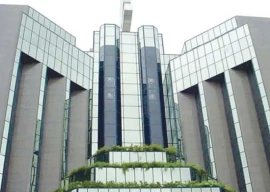



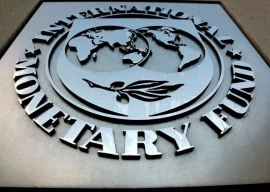
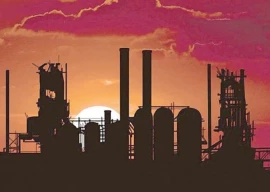
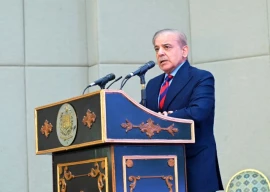
1715142871-0/imfsalary-(1)1715142871-0-270x192.webp)
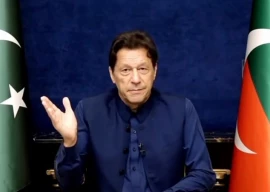
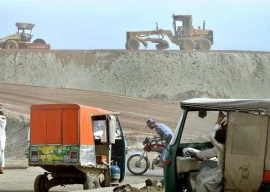
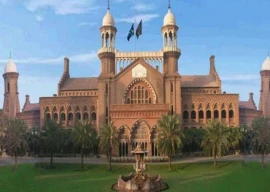
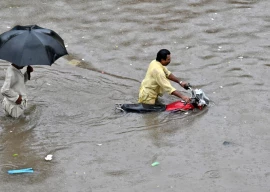






COMMENTS
Comments are moderated and generally will be posted if they are on-topic and not abusive.
For more information, please see our Comments FAQ